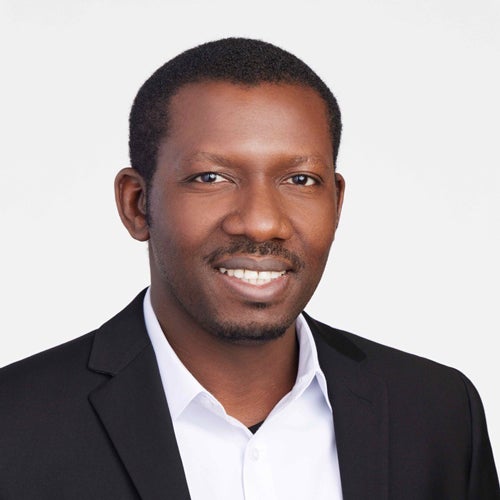The Rice/BCM Rising Star in Translational Cancer Research Award is a nomination-based biannual award for junior faculty engaged in cancer-related research. Nominations for the 2026 award are closed.
Eligibility Criteria
In order to be considered for this award, nominees must:
- Be within 10 years of having earned a terminal degree (Ph.D., M.D., or equivalent);
- Hold a junior faculty position at an accredited institution;
- Research cancer-related topics; and
- Have strong records of peer-reviewed publications, grants, & impactful research.
Previous Winner
|
|
2024 Winner - Igor Bado, Ph.D.The winner of the 2024 Rice/BCM Rising Star in Translational Cancer Research Award was Prof. Igor Bado, Assistant Professor of Oncological Sciences at the Icahn School of Medicine at Mount Sinai. He presented a talk on Targeting Receptor Conversion in Breast Cancer Metastasis: Lessons Learned from the Osteogenic Niche. Prof. Bado earned his Ph.D. at the University of Houston and completed his postdoctoral studies at Baylor College of Medicine. He works on various mechanisms of breast cancer metastasis and therapeutic resistance. In his recent studies, he helped identify the FGFR/EZH2 axis as a central driver of epigenetic reprogramming in the early stage of bone metastasis. Prof. Bado received multiple awards and honors and his laboratory is NCI funded. His research focuses on understanding the interconnection between breast cancer metastases and their microenvironment using a multidisciplinary approach The Bado Lab studies how different tumor microenvironments crosstalk with cancer cells to promote survival, growth, and secondary spread to other organs. His goal is to understand epigenetic implications in cancer cell adaptation, intra-tumoral heterogeneity, and multi-organ metastasis. He believes that epigenetic factors -which modulate gene expression, are key players in the metastatic process and can be targeted to reprogram cancer cells toward improved therapeutic responses. Ultimately, he aims to identify therapeutic vulnerabilities for the long-term remission of metastatic diseases. He uses state-of-the-art approaches to dissect the mechanisms driving breast cancer metastasis from the early dissemination of CTCs to the formation of macro-metastases in advanced stages of the disease. |

